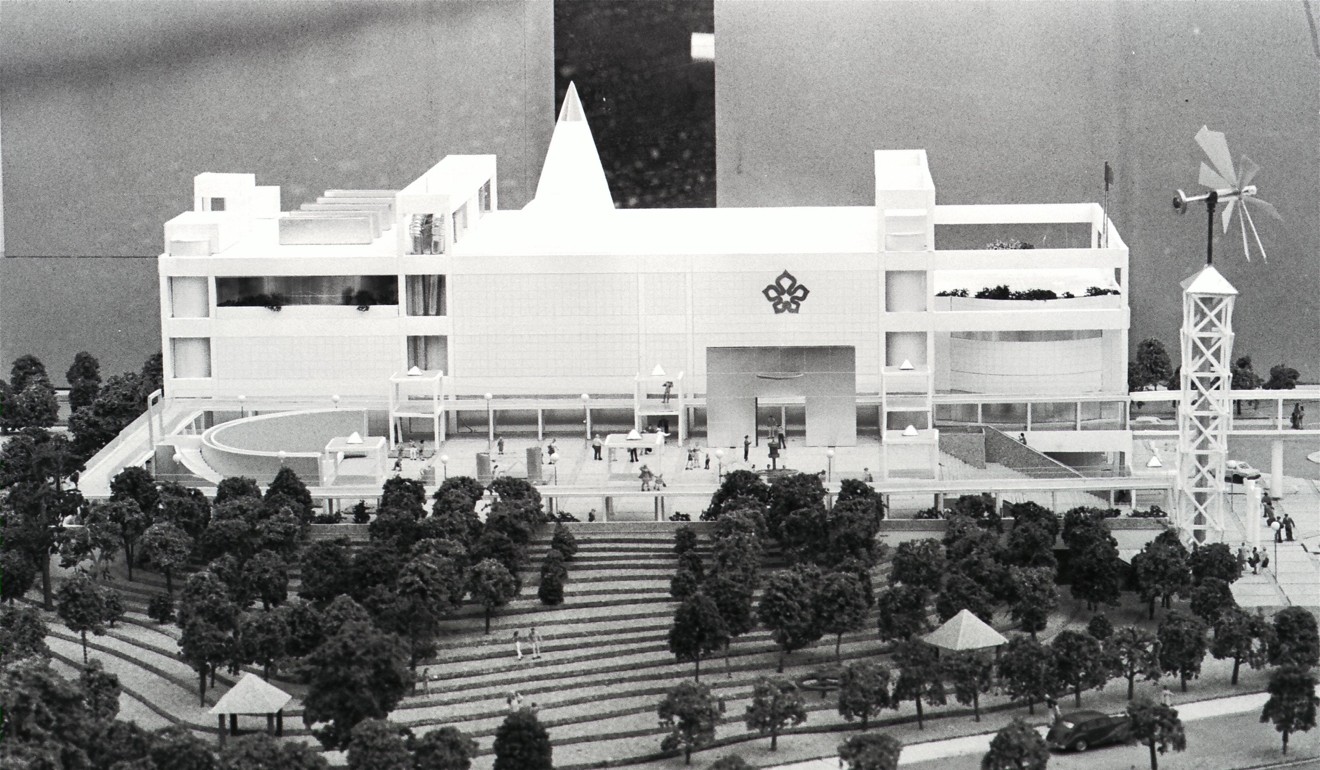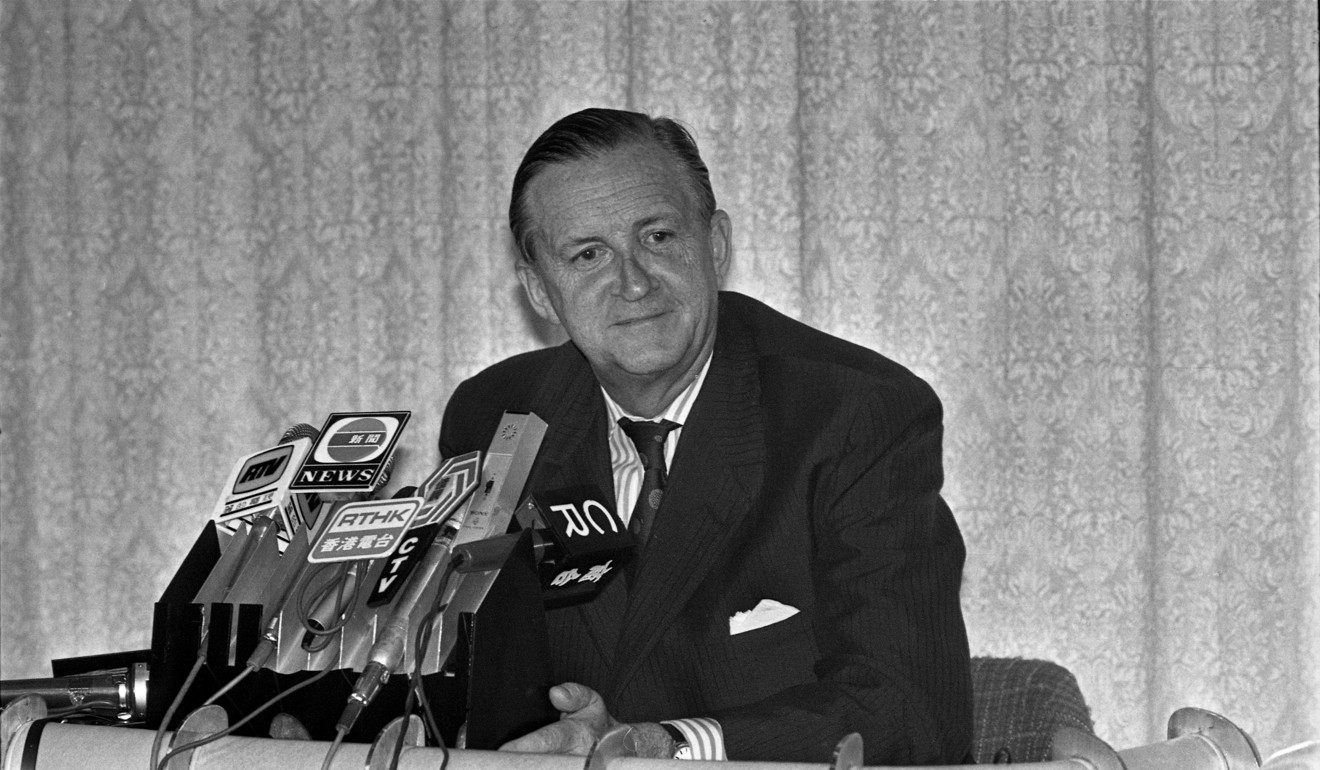
Espionage claims, meth lab raids and power station plans: headlines from four decades ago
A journey back through time to look at significant news and events reported by the South China Morning Post from this week in history
It was just another regular week in Hong Kong as (alleged) espionage, raids on large-scale meth labs and the like continued to grace the front pages of the South China Morning Post 40 years ago this week. Across the strait in Taiwan, mob madness was brewing and capital punishment reigned in the Philippines. Thankfully though, wage increases spelt optimism on the mainland and the magical properties of ginseng were also made public.
November 20, 1977
● Writing letters to friends put a former United Nations co-ordinator into seven months of solitary confinement in a Ho Chi Minh City prison on espionage charges. Richard White, 52, arrived in Hong Kong the day before on a Hong Kong government charter flight after having been expelled from Vietnam for alleged espionage. White denied the allegations, saying he had only written letters to friends overseas.
November 21, 1977
● The ruling Kuomintang (KMT) won 1,120 of the 1,318 seats at stake in the Taiwan Provincial Assembly and the Taipei City Council. But the elections were marred by Taiwan’s first riot in 21 years as a mob estimated at 10,000 burned a police station and a fire station in Chungli, 22 miles southwest of Taipei.
Wholesale dog meat, boat protests and marrying monks: Hong Kong headlines from four decades ago
November 22, 1977
● The British government was expected to name a senior Hong Kong police officer to head the police force in a “transitional” Rhodesia. The most widely-tipped officer to fill the difficult Rhodesian job was the current deputy commissioner of police Roy Henry, who was police commissioner in Fiji before its independence. Henry was regarded as an expert in fighting terrorism.
● A mainland Chinese national newspaper published an article on a proposal by prominent economists regarding bonus payments for skill and productivity. It suggested a wage system based on the number of working hours and the amount of work done. The proposal came at a time when the state of the economy was a major problem and the country was made to decide how to increase productivity and acknowledge skills. Meanwhile, the first wage increases in at least six years came into effect on October 1 and covered millions of people on the mainland earning less than 90 yuan (about HK$245 at the time) a month.
The first National Day festivities, rabid dogs and angry politicians: headlines from four decades ago
November 23, 1977
● The extraordinary medicinal qualities of ginseng had been confirmed by a French scientific research team. The professors there had concluded there was no doubt in the plant’s powers to slow down the ageing process, aid recovery from illnesses, help ease tiredness or even act as an aphrodisiac.
The Urban Council wanted the government to give it a choice 100,000 sq ft site in Tsim Sha Tsui for a Museum of Science and Technology. If the council’s demand was met, Tsim Sha Tsui East would become a major centre for cultural, educational and scientific activities.

November 24, 1977
● Higher school fees and textbook prices during October contributed to slightly increased consumer spending. Both the Consumer Price indices (A) and (B) edged up one point to 120 from the previous month. The Hang Seng Index, which covered high expenditure households, also moved up by 0.39 of a point to 116.93.
November 25, 1977
● Narcotics Bureau detectives had, for the first time, raided a laboratory for making stimulant drugs. They believed the stimulants were intended for the Japanese market, where they would fetch a huge profit. Detectives uncovered a laboratory in Kowloon Tong and seized chemicals capable of producing five pounds of methamphetamine – estimated to be worth more than 10 million yen on the Japanese market.
● The governor, Sir Murray MacLehose, said he had never considered bringing in the British Army to cope with a possible breakdown in law and order. He was responding to reports about possible use of military force, if confronted with a police revolt triggered by anti-graft work by the Independent Commission Against Corruption.

November 26, 1977
● Hongkong Electric was planning to build a major power station to meet the burgeoning electricity demand. The new station, housing four 250 megawatt generating units, would nearly double the company’s power output. Meanwhile, the Mass Transit Railway was expected to take about 40 megawatts from Hongkong Electric when it began operation of the Modified Initial System.

● A military court in the Philippines sentenced Senator Benigno Aquino to death by firing squad for subversion, murder and illegal possession of arms. Two Filipinos tried with him were also condemned to death. Aquino, a possible 1973 presidential candidate before martial law was proclaimed, had on numerous occasions challenged the right of a military court to try him because he was a civilian.
Remember A Day looks at significant news and events reported by the Post during this week in history

